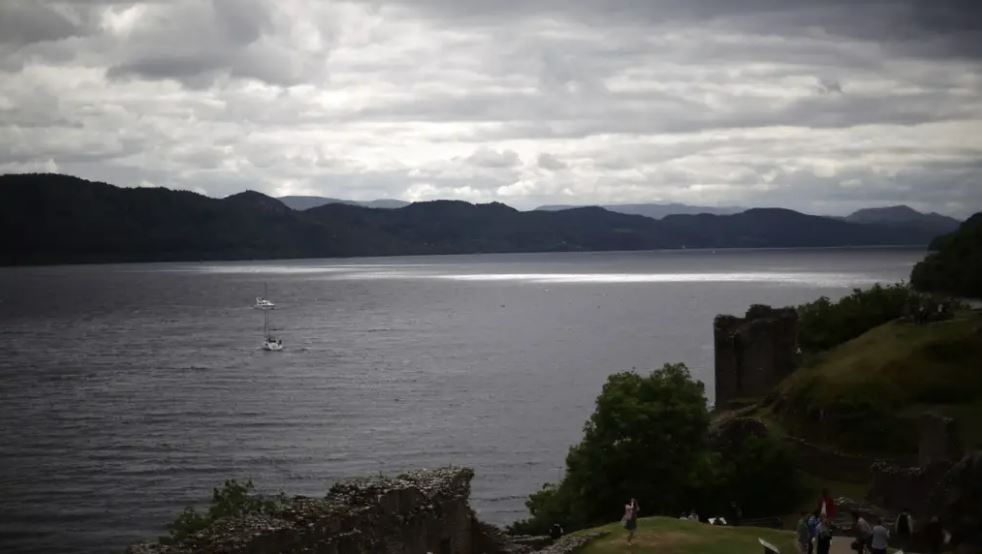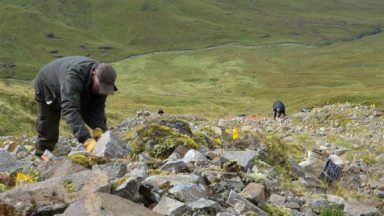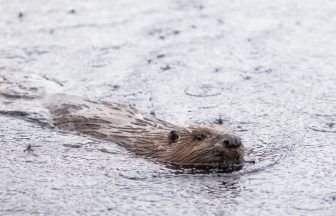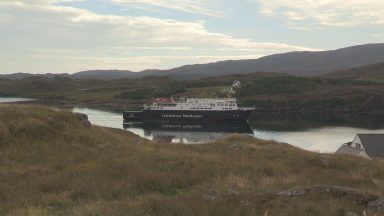An ambitious rewilding project which aims to create a “nature recovery area” of more than half a million acres is being recommended for global UN flagship status by the Scottish and UK governments.
The Affric Highlands project has a 30-year plan, which would restore woodland and peatland areas along with riverside habitats.
The project, led by Trees for Life, is being recommended for UN World Restoration Flagship status, ahead of a shortlist of 10 projects being announced this month.
It comes as those leading the work said it could show how “nature, local communities and livelihoods can help each other thrive”.
Those involved with the Affric Highlands scheme – which will cover a vast area of land from Loch Ness to the west coast – believe it will help protect native species, boost biodiversity, sustain jobs in the area and attract people there.
Golden eagles, red squirrels, red grouse, short-eared owls, mountain hares, trout, ospreys and otters will all benefit from the improvements to their natural habitats.
With the project having the Scottish wildcat as its emblem, it is hoped it could also help efforts to help save the species from extinction.
Steve Micklewright, chief executive of Trees for Life, said: “The huge environmental challenges of the coming decade need to be met with huge ambition.
“Affric Highlands is about scaling up ecological restoration, working collaboratively, and seeing nature as a key ally in tackling climate breakdown. We want to show how nature, local communities and livelihoods can help each other thrive.
“We’re delighted that both the Scottish and UK governments have given Affric Highlands their endorsement for flagship status.
“It’s increasingly clear that rewilding offers hope for nature, climate and people.”
Stephanie Kiel, Affric Highlands team leader, said: “We are working closely with a range of different landowners and land managers to develop and link-up nature restoration projects across the Affric Highlands area, which encompasses Glens Affric, Cannich, Moriston and Shiel.
“People are a central part of this vision, and more resilient ecosystems will support a greater diversity of job opportunities that can help sustain rural communities.
“We are providing the expertise to help restore native woodlands, including through natural regeneration, while returning much-needed trees to the banks of upland streams and rivers to provide vital shade, nutrients and shelter for Scotland’s struggling Atlantic salmon.”
Follow STV News on WhatsApp
Scan the QR code on your mobile device for all the latest news from around the country


 PA Media
PA Media
























